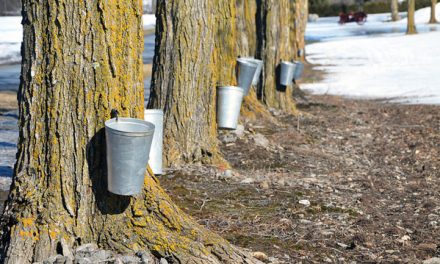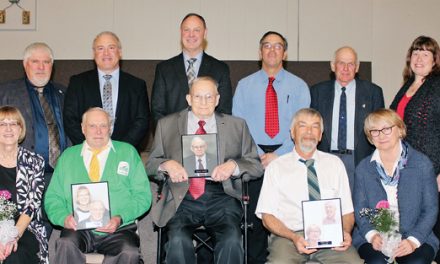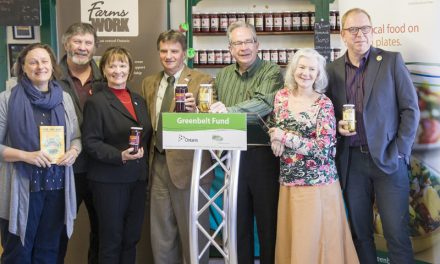KINGSTON – After long and persistent work by supporters, cows are going back to the prison farms at Kingston.
“The cows are coming home,” said Mark Holland, parliamentary secretary for Public Safety Minister Ralph Goodale, announced today at Joyceville Institution, located in the rural area of Kingston.
“Consultations with community members, businesses and stakeholders have demonstrated strong support for the return of Correctional Service of Canada (CSC) farms in Kingston, and the return of dairy cows is an integral part of the project,” Holland said. “The prison farms are a valuable program that promotes rehabilitation, empathy, and skills training, which reduces reoffending and helps make our communities safer.”
In February 2009, the Harper Conservative government revealed plans to close Canada’s prison farms by March 2011. In response, hundreds of people in the Kingston area campaigned to save the prison farms, supported by the Opposition Liberals and New Democrats. When the prison farms closed in 2010/11, the campaign shifted to working to restore the prison farms.
Following the federal election in October 2015, Liberals formed government, and prison farm supporters renewed their campaign for restoration.
In 2016, CSC conducted a national online survey about the restoration of the prison farms, and held a town hall meeting in Kingston to hear directly from people. In 2017, Minister Goodale appointed a prison farm advisory panel, comprised of CSC staff and seven citizens, including people who were active in the Save Our Prison Farms campaign.
In February 2018, the federal government’s budget included funding of $4.3-million dollars to restore farming at two Kingston area prisons. The farms will be operated by CORCAN, an agency within CSC that offers employment and training programs for inmates. Details released in early March included goats, field crops, and horticulture, but not dairy cows – a big disappointment to prison farm supporters who had campaigned for the return of dairy cattle.
Following an appeal by the citizen members of the prison farm advisory panel to reconsider the decision, Minister Goodale asked the panel to submit a proposal that included dairy cattle.
Dianne Dowling, citizen co-chair of the advisory panel, said, “I am very pleased to learn that the Minister’s office has approved the combination of dairy cows and dairy goats at our Kingston area prison farm. This announcement comes after years of dedication by hundreds of citizens to the cause of restoring the prison farms with a diverse program of crops and livestock.
“We have always been convinced that the farms offered valuable employment and rehabilitation opportunities for inmates and contributed to successful reintegration into the community,” Dowling said. “We are very excited to see the program restored, and appreciate the engagement and support of Minister Goodale and the staff at Correctional Service Canada and CORCAN.”
A citizens group, the Pen Farm Herd Co-operative, purchased 24 registered Holsteins at the dispersal auction of the former Frontenac prison farm herd. The co-op has maintained the herd and its female offspring with the help of area dairy farmers, in the hope that if the prison farms were restored, these cattle would be included in re-establishing a dairy farm at the prison farm.
For almost eight years, the co-op’s herd of dairy cattle (now descendants of cattle from the prison farm) has been “farmed-out” at host dairy farms in eastern Ontario.
Jeff Peters, herd co-op chair and a member of the advisory panel, applauds the decision to include dairy cattle at the prison farm, saying, “We thank the Minister for this decision. This is a huge victory for the cooperative and the community, but most importantly, for the inmates who will acquire employment skills to secure and keep jobs upon release and become productive members in society.”
“The revitalized prison farms are community oriented with business relationships, employment opportunities, a community advisory panel, and food that is produced and processed locally,” said Tony Straathof, a member of the prison farm advisory panel and a dairy farmer from Renfrew County. “This new prison farm structure will be a huge benefit for the Kingston region and a model for other communities with correction facilities.”
Dowling, Peters and Straathof are active members of the National Farmers Union, a farm organization that has advocated for restoration of the prison farms.












